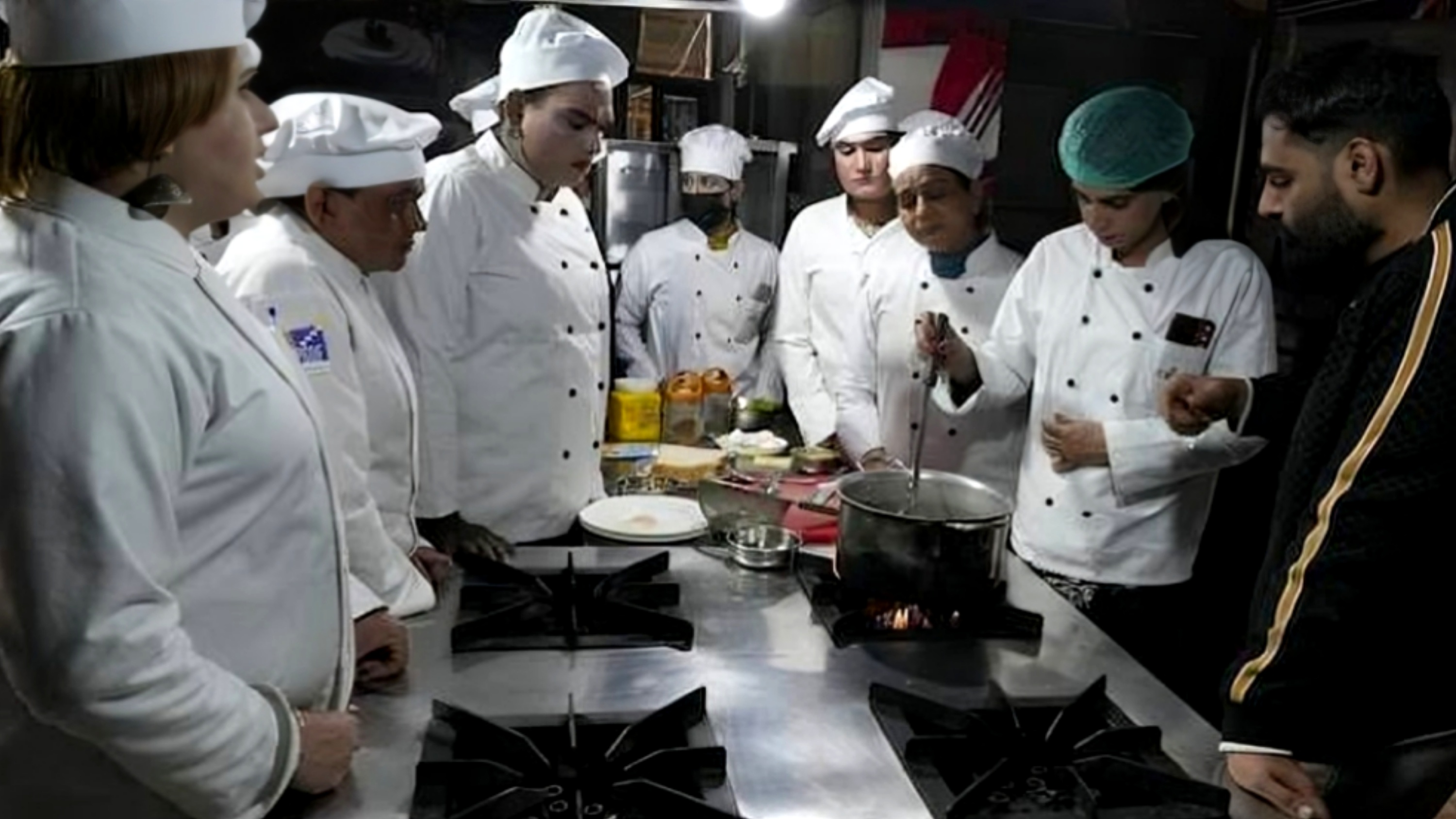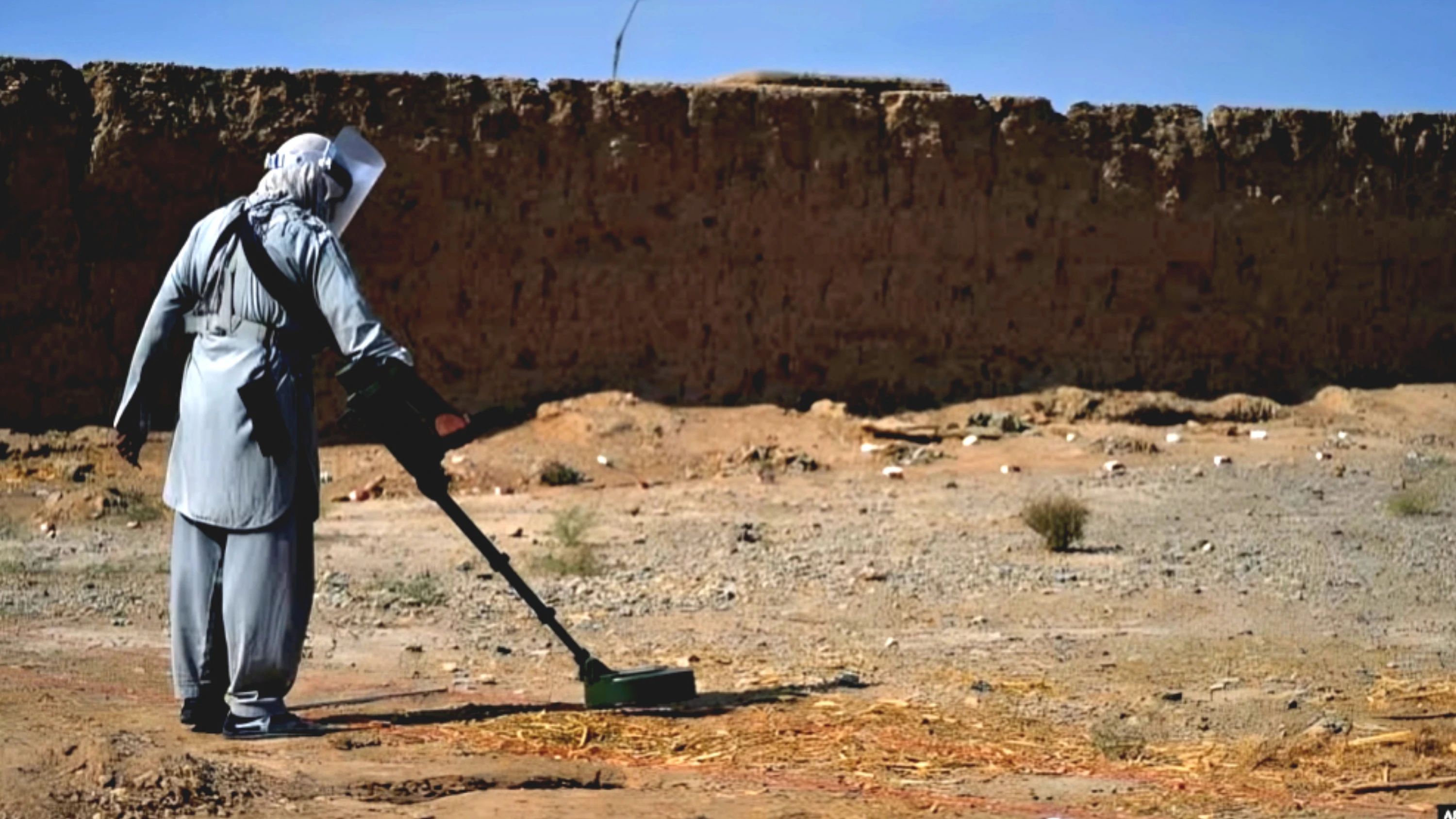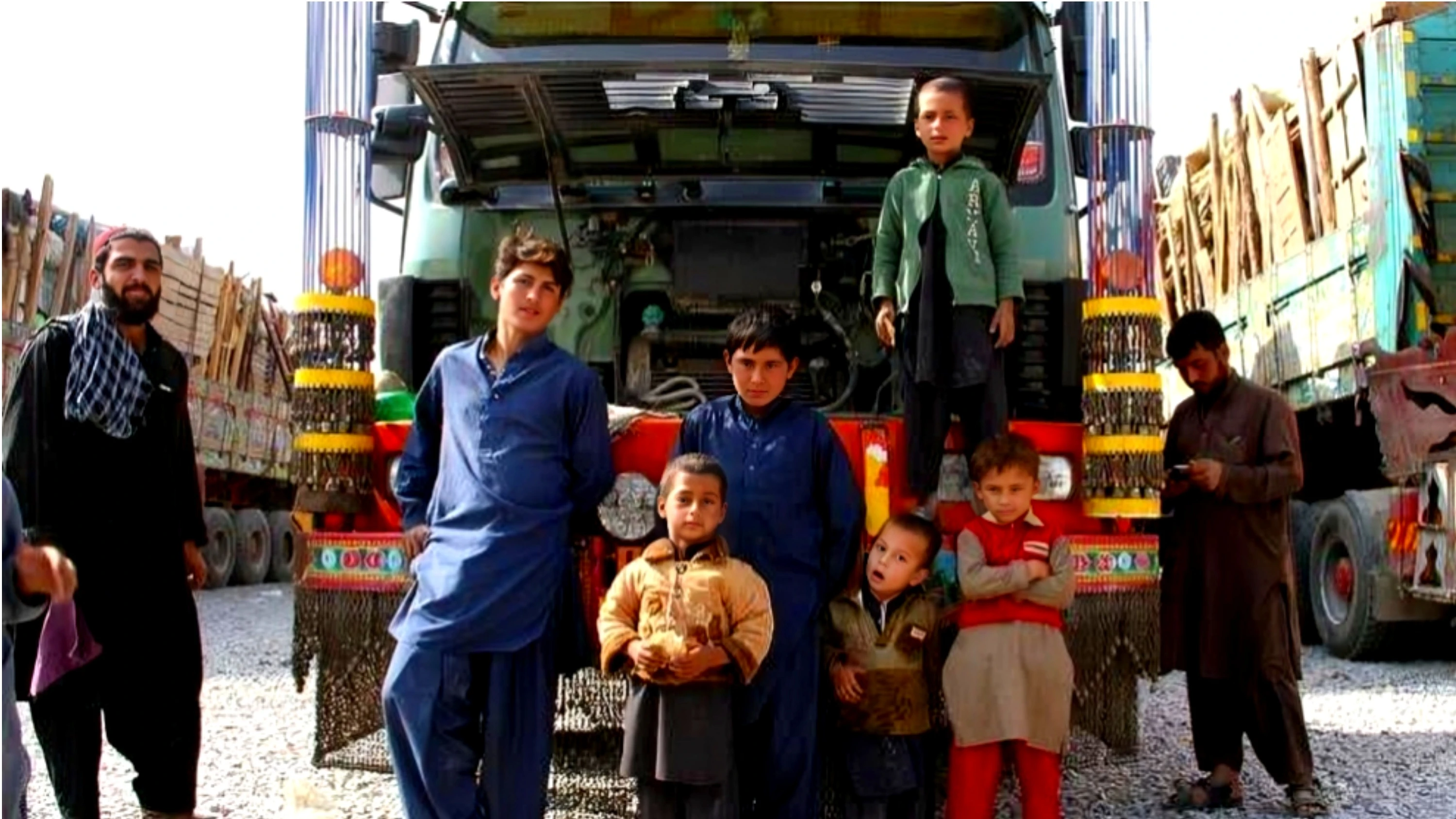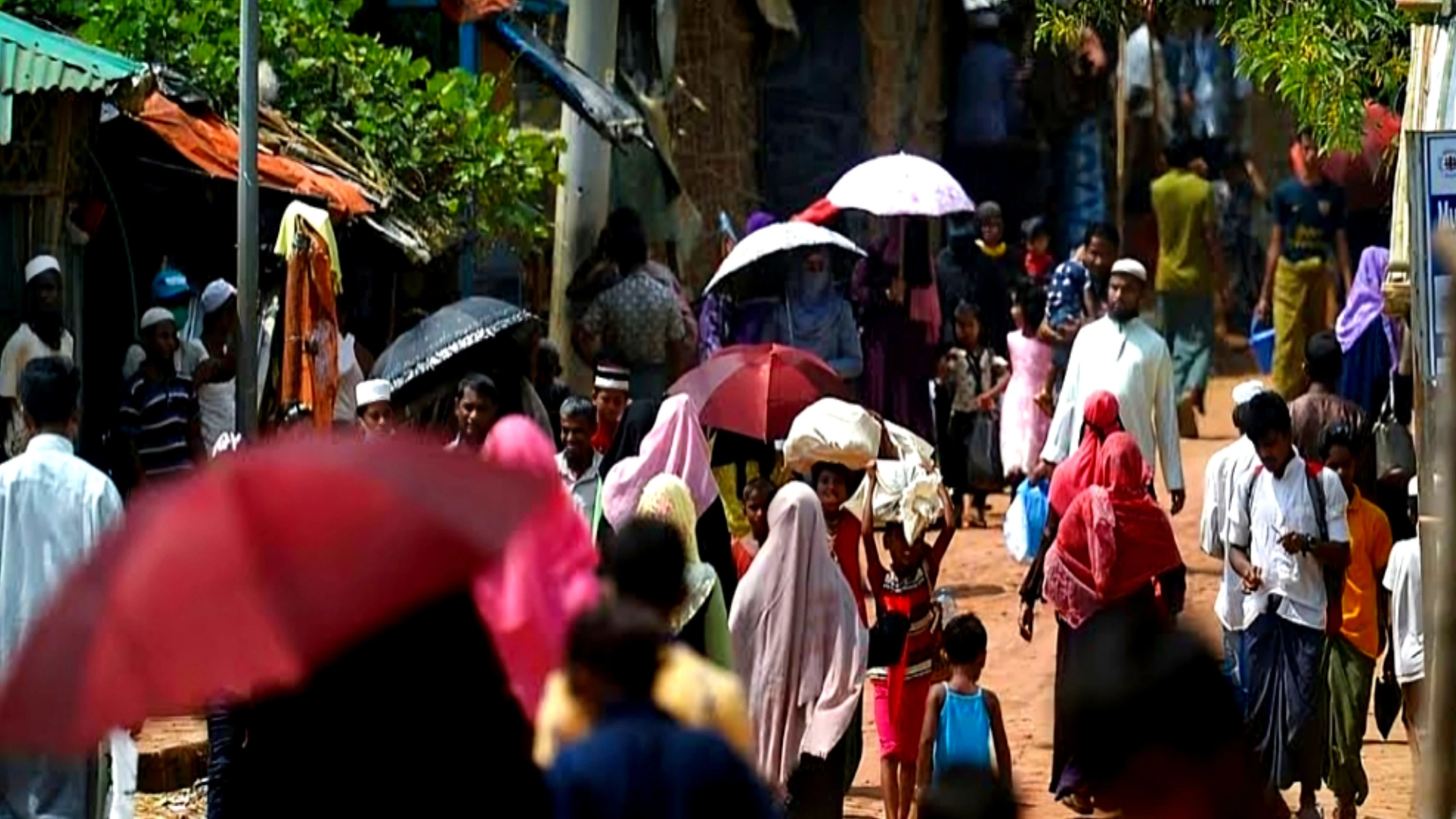Lahore: A special culinary training program in Lahore is not only equipping transgender students with cooking skills but also offering them hope for a better future.
Transgenders, who previously performed at weddings and social events, has been attending a six-month, free-of-cost training program at Pakistan’s Culinary and Hospitality Institute since January, the initiative, specifically designed for the transgender community.
In its first batch, 25 transgender individuals enrolled in January, and another 25 students began training in February.
Pakistan’s transgender community faces deep-seated social discrimination. Many are deprived of basic rights and are often forced into begging, dancing, or other informal means of earning a living. They also frequently encounter violence and harassment.
According to a United Nations Development Programme (UNDP) report from last year, a large number of transgender individuals in Pakistan have experienced violence or mistreatment. The report noted that many transgender people have lost job opportunities due to their gender identity. Official statistics indicate that only 7% of transgender individuals are employed in formal sectors.
However, recent years have seen progress in transgender rights advocacy. Due to efforts from activists, media, and legal institutions, some positive changes have emerged.
Pakistan’s Supreme Court has recognized transgender people as a third gender, affirming their right to equal treatment. In late 2023, Lahore introduced dedicated public transport services for transgender passengers to ensure their safety from discrimination and harassment. In 2022, the government also launched a helpline to support the transgender community while in Khyber Pakhtunkhwa, a Nationalist Political Party has given the Central party position to a transgender.
Despite these positive steps, challenges remain. Students in the culinary program receive a stipend of 8,000 Pakistani rupees per month, which is insufficient to meet their living expenses.
Zoya Khan, 26, explained the financial struggles: “When my house rent is 15,000 rupees, how can I survive on this amount? On top of that, I have to pay for electricity and water bills.”
As a result, some students still perform at social gatherings to supplement their income. “I used to earn more from dancing, but I was not treated with respect,” Khan admitted. She hopes to open a small roadside café after completing her training. “Why do we come here? Because we see hope.”
Nadia Shehzad, the executive director of the training institute, describes this initiative as a crucial step in integrating the transgender community into mainstream society.
Shehzad stated that efforts are being made to secure employment for graduates in international hotels and restaurants. Discussions with some businesses are underway to offer salaries of up to 30,000 rupees per month.
However, Shabnam Chaudhry, a transgender rights activist, remains cautious. “Many transgender individuals have learned skills like tailoring and makeup artistry before, but they couldn’t find jobs and had to return to begging and dancing,” she said.
With Pakistan’s high unemployment rate affecting even highly educated young people, Chaudhry questions whether the transgender community will receive fair job opportunities. “In such a competitive job market, where even mainstream society struggles to secure work, who will hire transgender individuals?” she asked.
[Reported by VOA with addition from Human Online]








